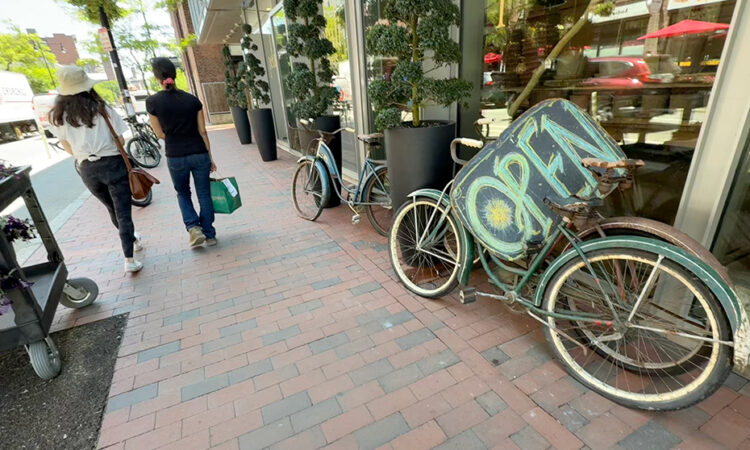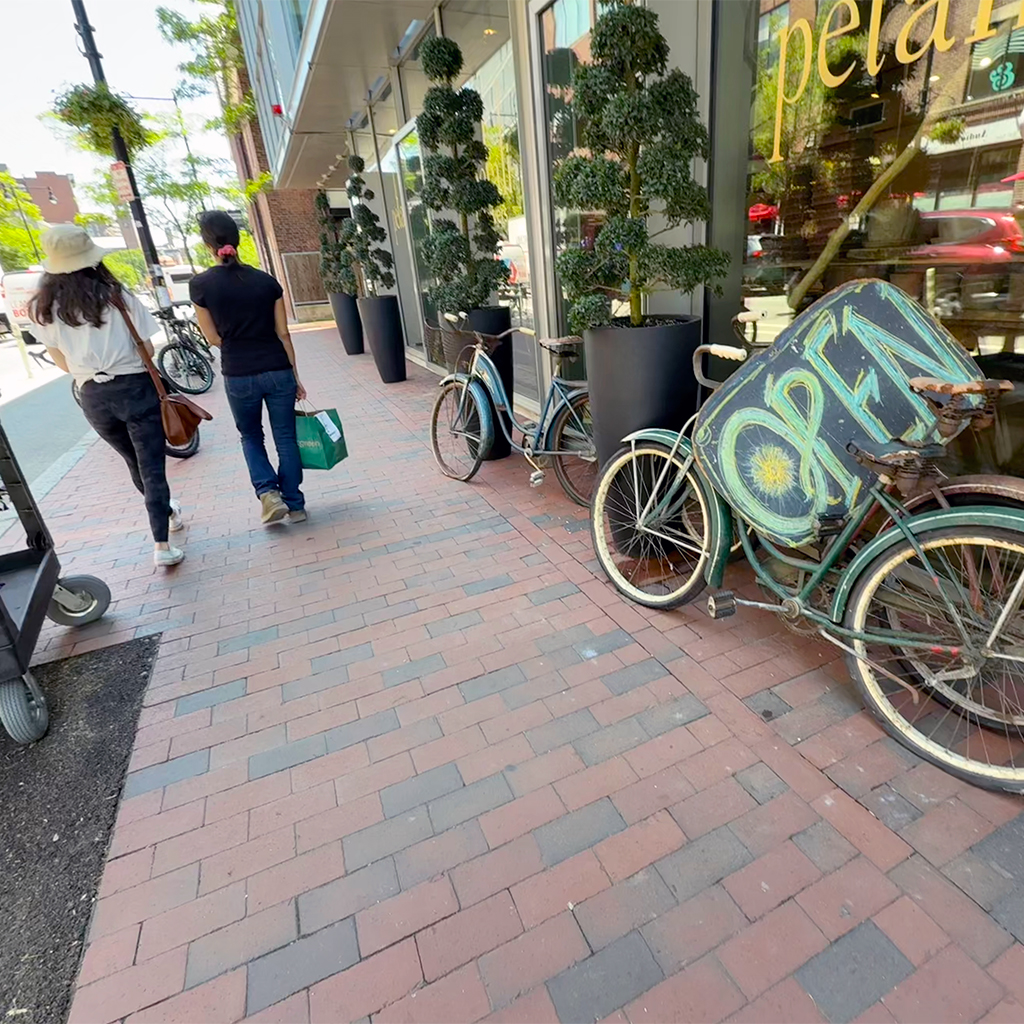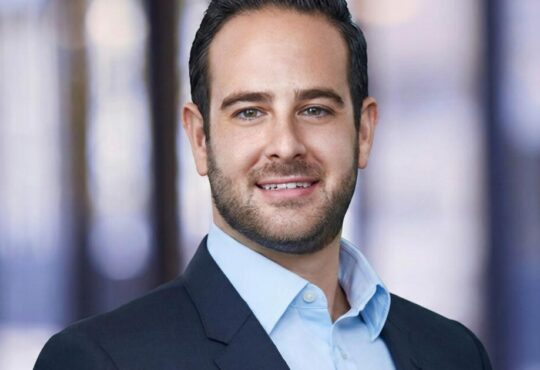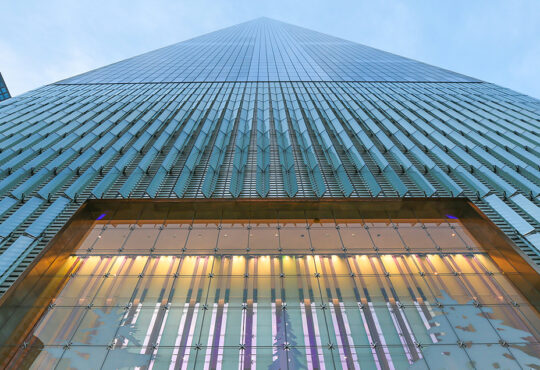Cambridge okays 22% commercial tax increase with vows for better process in next budget cycle


Marc Levy Shoppers pass by Petali in Cambridge’s Harvard Square on June 3. Business owners say they are concerned about property taxes being passed along in the form of higher rents.
After weeks of debate, a 22 percent commercial property tax increase was approved unanimously Monday by Cambridge’s City Council.
The increase raises the commercial tax rate to $14.07 per every $1,000 in assessed property value, up from $11.52. A residential increase of 5 percent was also approved, with homeowners and others to be charged $6.67 per every $1,000 of their property’s assessed value, up from $6.35.
The decision followed a two-week delay initiated by councillor Paul Toner to allow time for outreach to business owners upset by the increase. Even with the jump, Cambridge’s rate remains lower than nearby cities such as Brookline, Newton and Somerville. But Cambridge businesses “shoulder an unusually high share of the tax burden” too, said Kieran Kelly, associate director of Cambridge Local First, an organization representing more than 400 small businesses in the city. “The current 66 percent commercial and 34 percent residential split far exceeds nearby cities.”
Small-business owners remain concerned about the impact the increases will have, including if landlords pass along higher rents in response to the new rates.
“Raising rates at precisely the moment when these sectors are struggling adds burden where resilience is weakest, penalizes small businesses for economic trends that are beyond their control,” Kelly said.
City staff met with business owners over the past couple of weeks to hear concerns, and business groups wanted that to continue – perhaps quarterly, Kelly said. City staff agreed to hold meetings with business groups to ensure transparency ahead of the process for the 2027 fiscal year, with details expected to become clearer in the coming months.
Claire Spinner, assistant city manager for fiscal affairs, clarified that the 22 percent commercial rate increase does not mean a 22 percent budget spike, as many business’ assessed property values will be lower this year. The increase in commercial tax rate “is not because we were looking for 22 percent more revenue. It was just that intersection of needing to raise 8 percent more and what happened to values within the class,” Spinner said.
Making a connection clear
The increases go to pay for the city budget approved in June – a $991.2 million budget that was only 3.7 percent higher than last year’s, or around half what the city was seeing a few years ago. Speakers during public comment said there should have been clearer announcements earlier, when the budget was first proposed.
Residents said there could be more transparency around the budget process in general. Heather Hoffman, a Hurley Street resident, said many people do not understand the connection between the budget and tax rates.
“I am well aware that you did, in fact, signal that this kind of increase was coming months ago,” Hoffman told city staff. “But people are human, and people don’t necessarily hear that … even people who are very intelligent, who are not scared of numbers, don’t necessarily understand how the city’s budget works.”
Impossible suggestions
There were suggestions Monday for an even further delay in adopting the rates, with the city using the time to conduct an economic impact assessment, but officials said the revenue is needed immediately to fund a fiscal year that is well underway.
Some community members also called for different tax rates for large commercial properties and small businesses. Under state law, the city cannot set different rates for small and large businesses, only by class such as residential and commercial, city manager Yi-An Huang said.
In addition, “the taxes are not on small businesses, they’re on commercial property, and so there is an indirect nature to this that makes it a little bit harder to do some of that targeting,” Huang said. “How do we insulate small businesses from taxes? They’re not actually the ones that are being taxed.” (Vice mayor Marc McGovern also urged property owners not to raise rents if it would create hardship unnecessarily. “The property owners have a hell of a lot more money than the person who’s running the little frozen yogurt store. No, they’re not forced to pass this on, or at least all of it,” he said. “Be part of the solution.”)
Cuts to services
Councillors said they’d work toward including more commercial data and clearer explanations in future materials. In the meantime, “I want to alert the public that today’s the day they need to start paying attention,” Toner said. “I don’t want anybody living in a fantasy world that there’s not going to be a tax increase, short of major cuts.”
Holding taxes flat would require cutting services, councillors said, noting that Cambridge offers more programs and services than most cities – programs residents have grown accustomed to.
“Where are we talking about cutting? Are we talking about cutting the public schools budget? Okay, where do you want to make those cuts? Public safety is a big part of our budget – where do you want to cut in public safety?” McGovern said. “It’s really easy to talk about being more fiscally responsible until you actually have to make the decision.”
Reducing commercial rates now would mean raising residential taxes or cutting programs midyear, both “unacceptable,” councillor Patty Nolan said.
Budget cycle
Councillors emphasized that Monday’s vote was not about the overall budget, and that any budget reconsiderations would have to occur in the next cycle. That now begins in December, Nolan said, a change from a few years ago when the council began looking at budgeting in the spring, just ahead of needing to vote.
There will be “conversations about how we can work smarter, because we are going to have to do that in order to avoid this kind of rate increase next year,” Nolan said.
Commercial development policies should also be revisited before the next budget cycle, councillor Burhan Azeem said.
“There was a lot done in prior administrations to make sure we did have healthy commercial growth, and I think that’s always a tough conversation, because new jobs mean more people want to live here,” Azeem said. “But I think that’s something I’d be excited to revisit.”







